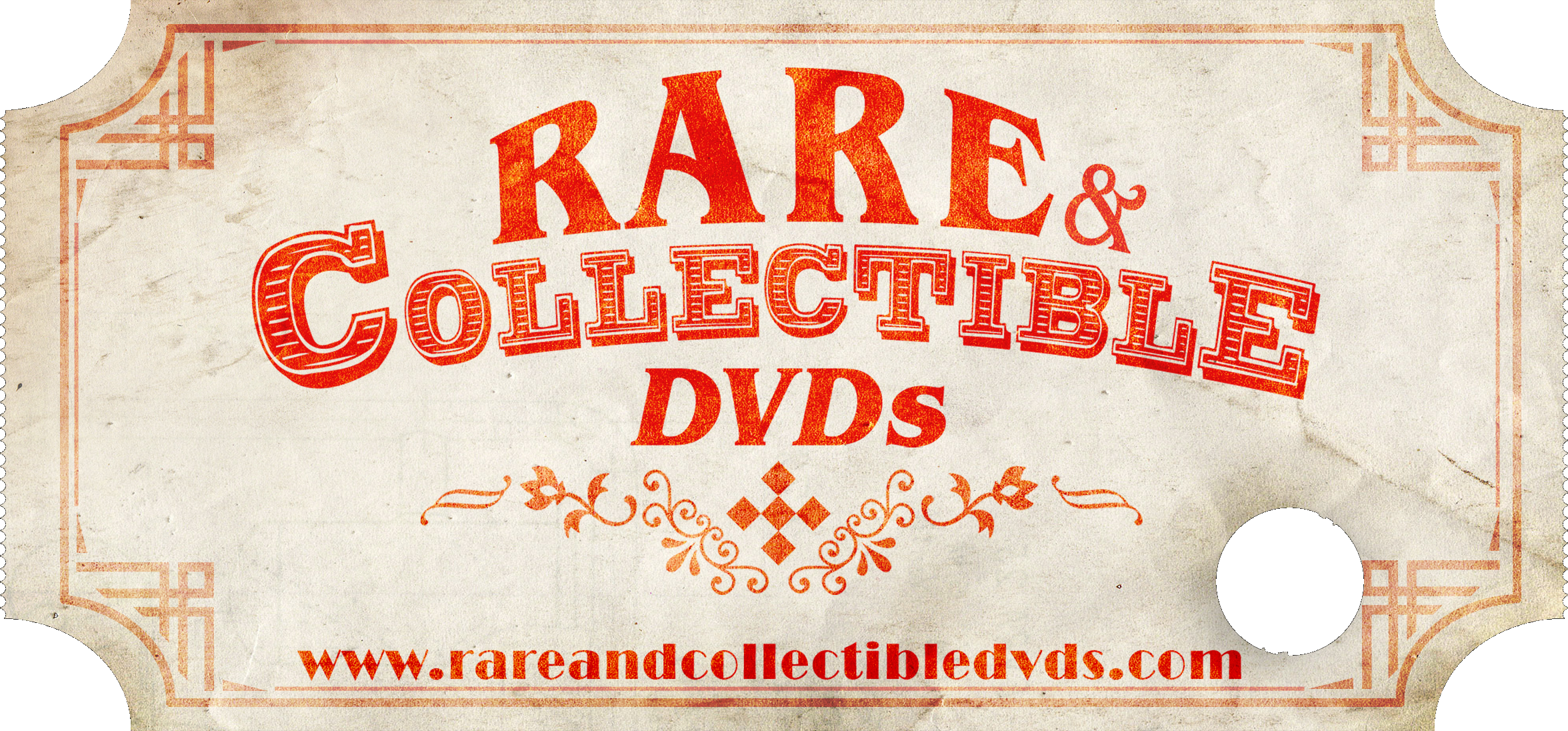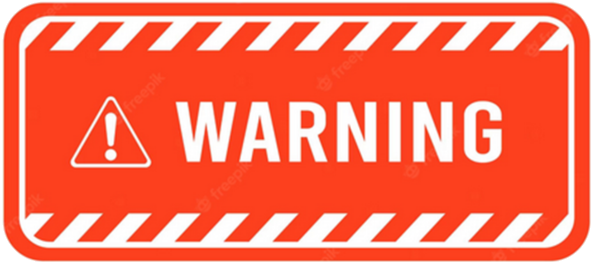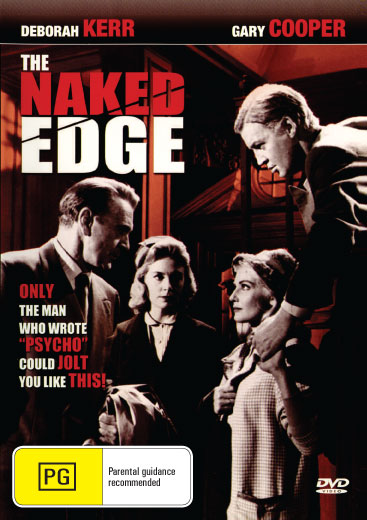The Naked Edge I won’t recap the plot as other reviewers have done so quite adequately. Those who think Gary Cooper (who might well have suspected his days were numbered as he’d just undergone an op for prostate cancer) turns in less than his usual powerful performance are incorrect in my view. He underplays in his typical style, but I discern no failing of his powers. True, his role lumbers him with having to respond to his wife’s perfectly reasonable suspicions in a way that is consistently ambiguous, and one might argue he feels hurt that he should have to explain his innocence to someone who should trust him implicitly, so he’s purposely evasive — except he’s already argued against that very position early in the film, accepting that sometimes one can demand proof even where convention dictates it shouldn’t be necessary. The obvious conclusion is that it was a plot device to keep him firmly in the frame for the murder throughout.
Yes, the music is rather blaring and obvious at times – a common feature of British thrillers in the ’50s/’60s. The composer, William Alwyn, was quite the polymath, and very experienced – he’d written around 70 film scores in the preceding 20 years. Perhaps the style was what was ordered, and not entirely of his own choosing.
This is a must-see for fans of Gary Cooper and of Deborah Kerr, who here is both radiantly beautiful, and effective in her role. Overall, I enjoyed the movie which, like many Hitchcock films, has some creaky moments and plot inconsistencies, but certainly keeps the tension going right to the end.



